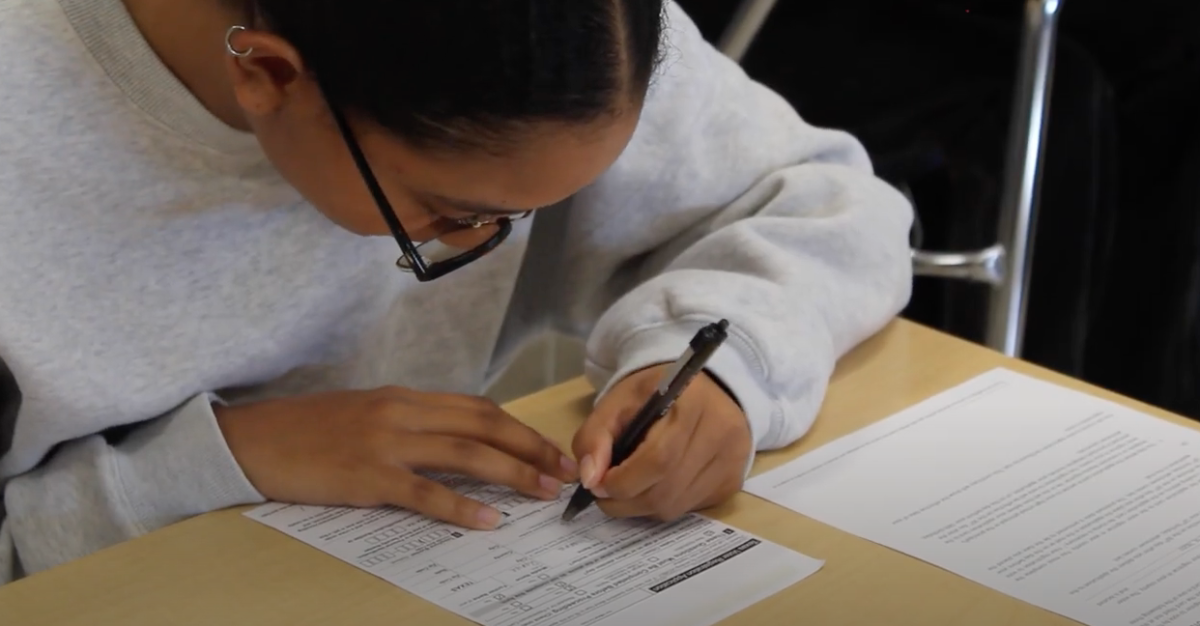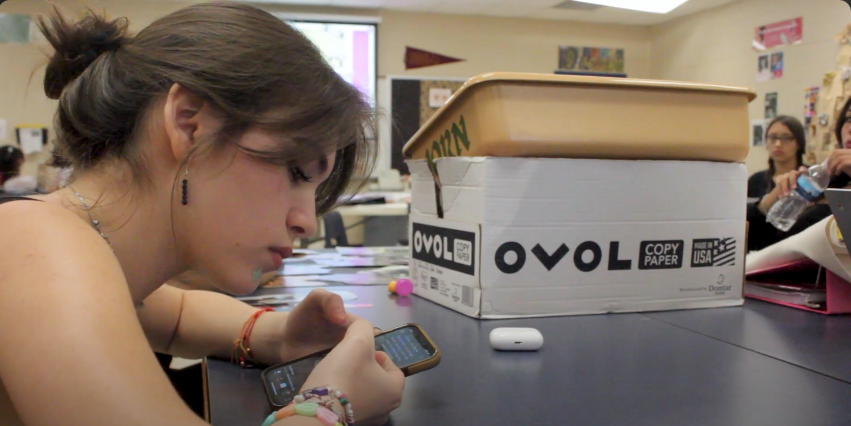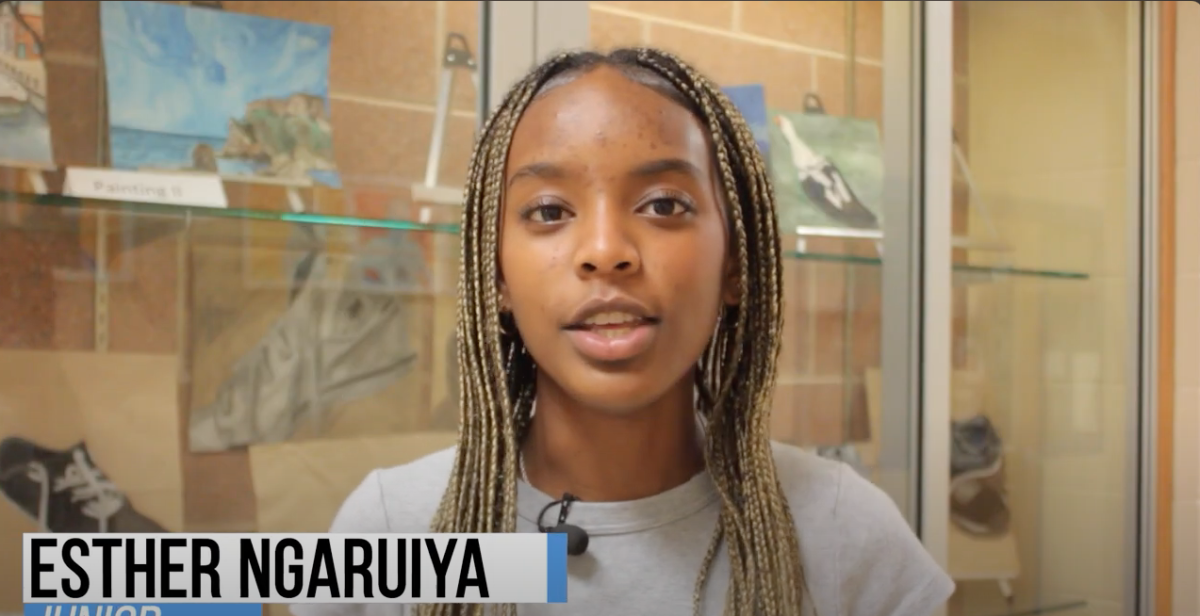Staff Editorial
This past Tuesday on February 14, the Campus Improvement Committee at Johnson High School approved the decision for next year’s schedule containing an extra period. The purpose for the extra period is to provide remedial courses for students struggling in the EOC, or TAKs tests.
“[One of the] main reasons is to [provide] opportunities of remediation for those that need it,” principal John Mehlbrech said.
The ninth period day could be very beneficial to students who do not have all the time of the day to focus on their studies.
“This may help kid’s involved in extracurriculars; it’s hard to get work done before or after school,” Mehlbrech said.
When placed into effect, the nine period day will not take place each day. Out of the five days of the week, three days will remain the same schedule as this year, while the other two have the usual eight periods with an extra period to go along with it.
On those two days, the eight regular periods are 45 minutes each, while the extra period is 40 minutes.
School begins the same no matter which day it is; it begins at 8:45 and ends at 4:05.
The school has a reasonable purpose to help students on these state tests, since the EOC is rumored to be harder than TAKs, but this is high school. Students should make the choice of either choosing to study or choosing to fail. The school seems to feel the need to baby its students when they’re nearly adults.
The extra period can serve as a study hall, an AP prep class, a PSAT/SAT prep, or a period for a chess club, book club, poetry, creative writing, history through the movies, or any course similar to these.
The clubs seem rather interesting, but as for the study hall or AP prep courses, having an extra period for them is not preparing students for the next step of education.
College won’t set up a period for its students to study, or have help from a teacher. Instead, college forces its students to make a choice of studying responsibly or failure, and the ninth period is not relieving the problem that students will face in college.
The ninth period is not taken for a grade as the other classes are, so since this period is not technically a course that will affect rank, what’s going to stop students from not caring, participating, or even attending this class?
This extra period is an academic period, not for fine arts or athletics, so each student in the school will be in the classroom somewhere. Consequently, class sizes will vary based on the course. If classrooms are overpacked, then study environments will be difficult to maintain proving to be an ineffective period for work.
The amount of work completed usually depends on the teacher’s effectiveness to control the classroom and make them focus on the task at hand, but since the classroom is not one that particularly counts toward anything teachers may be focused on some of their own unfinished work, and not be able to maintain a classroom with twenty plus students.
Since the plan for the nine period day is approved, the beginning of next year will mark the second time a schedule change has occurred to our school in four years.
Each time the schedule is changed, the student body must adjust, creating some chaotic troubles at the beginning of the year, especially for the brand new freshmen class who have no knowledge of the school, seeking help from students who know just as much as they do on how the new schedule runs.
The nine period day has some very good characteristics, but Johnson has proven itself to be an exemplary school time and time again. Each Johnson teacher gave their students the fundamental knowledge to pass any state test; it’s only up to the student to apply themselves to the necessary requirements for education.
Perhaps the school does not need to set aside an extra period for remedial courses. If the EOC proves to be to challenging for students, then those that need help can attend tutoring sessions during lunch, they can receive a pass to the designated class after getting food from the cafeteria. Lunch tutorials can be used for any other testing besides EOCs; like TAKs, AP reviews, or PSAT/SAT prep.








